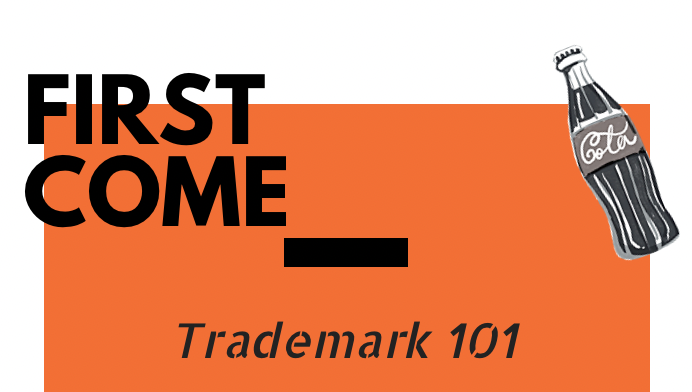Electronic Transactions Levy (E-Levy) is a tax on electronic transfers in Ghana.
Background
Due to the fast growth rate of the mobile money and financial technology space in Ghana, the government of Ghana introduced the E-levy to enhance revenue mobilization and to provide an opportunity for everyone to contribute towards national development[i]. It has been a concern of various governments in Ghana about how a small fraction of the population of Ghana carry the tax burden of over 30 million people.
According to the Ghana Revenue Authority (GRA), mobile money transactions in Ghana increased from GHS150 billion to GHS960 billion between 2017 and 2021[ii]. This has been largely influenced by the government’s campaign for a cashless society and also the COVID-19 pandemic.
This digital system of payment has supported growth in e-commerce, social media shopping and the use of digital payment platforms. However, this is largely untaxed. As such, the E-levy was introduced to capture primarily revenues within the digital space.
In light of this, the government is projecting to collect US$900 million in tax revenues for 2022 to aid in revenue mobilization (basically to widen the tax bracket to include persons in the informal sector as opposed to a small fraction of the population carrying tax burden of over 30 million people in Ghana), support entrepreneurship (to support youth employment, provision of digital infrastructure and cyber security and provision of road infrastructure), help to increase Ghana’s tax-to-GDP ratio from 12.5% in 2021 to 20% in 2024 and also to provide everybody with the opportunity to contribute to national development[iii].
The E-levy took effect on 1 May 2022.
HOW IT WORKS
The current rate for the E-levy tax is 1.50% on all electronic transfers, unless exempted by law. The E-levy is charged by the GRA on payments made through Mobile Money Providers, Payment Service Providers, Banks, Specialized Deposit Taking Institutions, or other financial institutions. The E-levy is borne by the person making the transfer/payment only and not the person receiving the payment[iv]. Thus, when a transfer is made through any of the above digital payment service providers, the entity will add the E-levy to the amount transferred in addition to any other service charges, if applicable.
Let’s say Nii transfers GHS200 to Ama via MTN Mobile Money (MOMO), the E-levy charged will be 1.5% of GHS200 which is GHS3. As such Nii will pay GHS203 + service charges from MTN if applicable.
POINTS TO NOTE
By law, the following transactions will attract an E-ley charge[v]:
1. Mobile money transfers done between accounts on the same electronic money issuer, that is, making a transfer from one MTN MOMO wallet to another MTN MOMO wallet.
2. Mobile money transfers from an account on one electronic money issuer to a recipient on another electronic money issuer, that is, making a transfer from an MTN MOMO wallet to a Vodafone cash wallet.
3. Transfers from bank accounts to mobile money accounts.
4. Transfers from mobile money accounts to bank accounts.
5. Bank transfers on instant pay digital platform or application originating from a bank account belonging to an individual. In this case, a transfer from your bank account through a mobile banking app.
The following transactions are however, exempted from E-levy charges:
1. A total transfer of up to GHS100 a day. Charges will apply after you exceed the daily tax-free limit of GHS100.
2. Transfers from your own accounts that are linked with your Ghana card pin. You can freely move money from your mobile money wallets or bank accounts without a charge if these accounts are in your name and you have linked them with your Ghana card.
3. Any payment of taxes, fees or charges made using the Ghana.Gov system or any other government designated payment system. This includes payment of utility bills such as electricity and water bills.
4. Transfers to a merchant number will not be charged. This includes POS transactions to merchant numbers. A merchant is a commercial establishment registered with the GRA for income tax and value added tax purposes.
5. Transfers among principals, agents and master agents will not be charged.
6. Buying airtime or data bundles will not attract an E-levy charge.
7. Foreign or inward remittances will not be charged.
8. Cash-In and Cash-Out with mobile money agents will not be charged. The E-levy is only imposed on money transfers.
9. ATM withdrawals will not attract an E-levy charge.
REFERENCES
[i] Ghana Revenue Authority, https://gra.gov.gh/e-levy/
[ii] Ibid
[iii] Ibid
[iv] Ibid
[v] Electronic Transfer Levy Act, 2022 (Act 1075)


